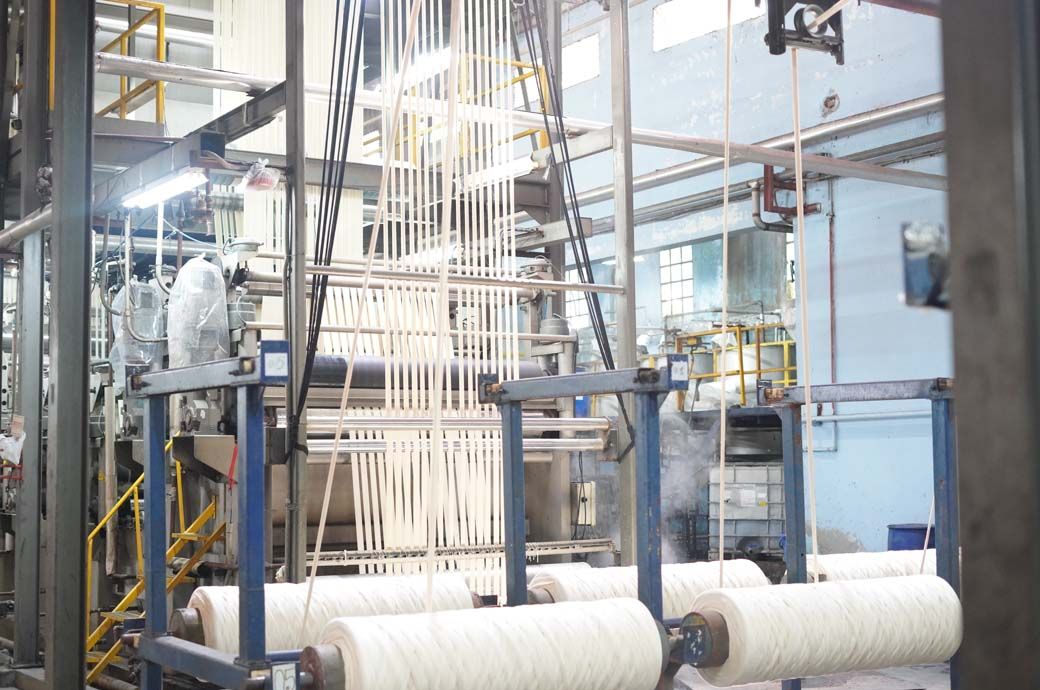Dhaka must move away from relying on cheap labour if it wants to ensure a rights-based development following its LDC graduation, the UN poverty expert said.
UN special rapporteur on extreme poverty and human rights Olivier De Schutter has urged Bangladesh to use its LDC graduation as an opportunity to rethink its reliance on the garment industry.
The government’s time and resources would be better spent on ensuring fair wages, educating and training workers, and improving social protection, he said.
The government’s time and resources would be better spent on ensuring fair wages, educating and training workers, and improving social protection, he said at the end of a 12-day visit to the country.
“Not only will this attract investors who care about their reputation, it will pave the way for a new form of development in Bangladesh – one driven by domestic demand rather than exploitative export opportunities,” he was quoted as saying by Bangladesh media reports.
“Bangladesh’s development has largely been driven by one export sector—the readymade garment industry—which is highly dependent on keeping wages low,” he said.
“A country’s comparative advantage cannot lie in keeping its people poor,” he said.
He will present his final report on Bangladesh to the UN Human Rights Council in June next year.
The RMG industry accounts for 82 per cent of the country’s export revenue and employs 4 million.
“You cannot deliver health care, education or social protection without also improving accountability and transparency,” he added.
De Schutter urged the government to rationalise its social protection system, which he described as “a patchwork of 119 schemes that emerge on an ad hoc basis, are poorly coordinated and do not provide the level of income security that Bangladeshis should expect”.
Fibre2Fashion News Desk (DS)







